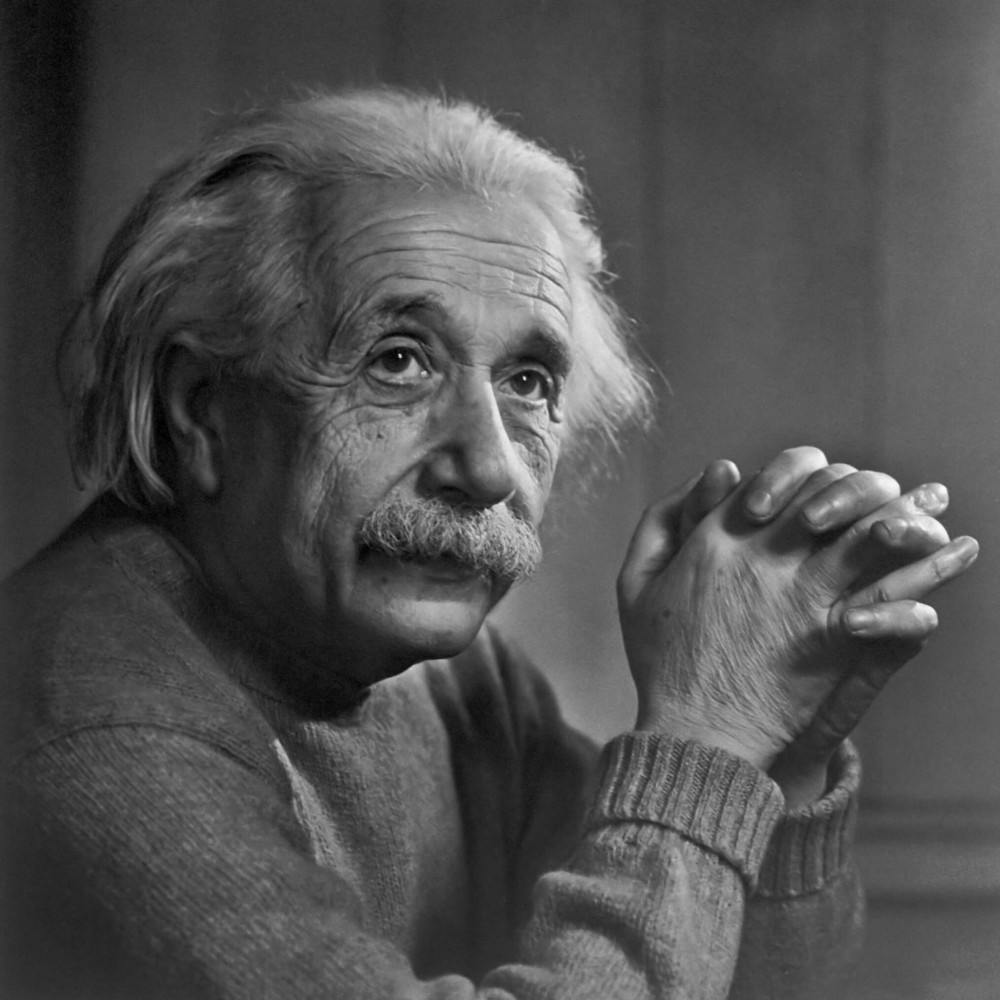By Joey Hart, Asst. Editorial Editor
Albert Einstein was born in Germany on March 14, 1879. He was a world renowned physicist who revolutionized the physics world with his theories on special and general relativity and won a Nobel Prize in 1921 for his discovery of the photoelectric effect. He was a pacifist, a United States immigrant and he married his own cousin, but most of us know him as the face of all things science.
So, when someone calls you "Einstein," that's a good thing, right? Probably not.
In fact, I'm betting that the last time you heard someone call you or anyone else "Einstein" it was sarcastic, insulting and in reference to something unwise you did or said.
This, friends, is a shame, plain and simple. Albert Einstein undoubtedly contributed greatly to physics as well as the sum total of human knowledge in general during his time on this earth. More than that, the number of people that his image has inspired is incalculable and more than likely immense.
The fact that Einstein's legacy is tainted with the modern usage of his name as an insult is destructive of what he accomplished and what he stood for (and before you say it, no, he didn't actually fail math as a child). It's oxymoronic to the point where the use of the word "Einstein" in discourse is at times confusing and contradictory.
On Urban Dictionary, the second highest rated definition for "Einstein" reads as follows: "1. a really smart guy / 2. A complete idiot."
How can this madness be justified? We don't call bad hockey players Gretzkys, we don't call bad generals Alexanders and we don't call bad poets Dickinsons. These people have earned their place in history as people to be respected, not people to be tarnished by sarcasm and dim wit.
There's no question that language evolves over time. This fact is a natural process of the words that we use and the vernacular that develops and spreads to those who speak any given language. Slang terms become introduced into officially defined words as time passes and certain uses of older words gain new meanings (even Merriam-Webster now defines "literally" as "in effect," so yes, now you can say that last night was literally so much fun and still be grammatically correct).
However, that evolution is not set in stone or destined. It is a choice that we make as individuals, and it is something that can be stopped if we agree to change our ways.
It is said that the greatest honor to any person in the scientific field is to have his or her name spelled with a lowercase letter (think volt, hertz and pascal). That may very well happen to Einstein if we continue this use of his name, though I'm not sure this particular case would be considered an honor.
So what do you do when your friend accidentally puts on socks that don't match? Luckily, there are myriad other words that can be substituted for "Einstein" that don't tarnish the memory of a great physicist. You could call them a "dullard," a "nincompoop" or my personal favorite, an "ignoramus." Hell, even "dumbass" does the trick.
However, all that I ask is that next time you make fun of someone for not thinking, you do a little thinking yourself and consider that words have consequences. I shudder to think of the day when my children might wake up and know no other meaning for the word "Einstein" than that of an imbecile.
So please, consider the above. Consider the belief that Albert Einstein shouldn't be punished for being so smart and synonymous with science that his likeness is used only ironically. Consider how truthful you are being to his legacy when you call someone "Einstein."
As a great man from history once said, "No legacy is so rich as honesty." Was this man the great scientist in question, you ask? Nope! It was Shakespeare. Haha, nice try, Einstein.
hartjt@miamioh.edu

